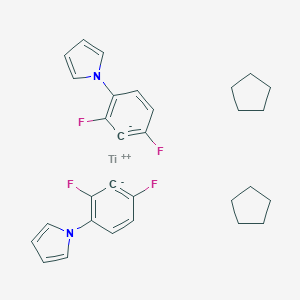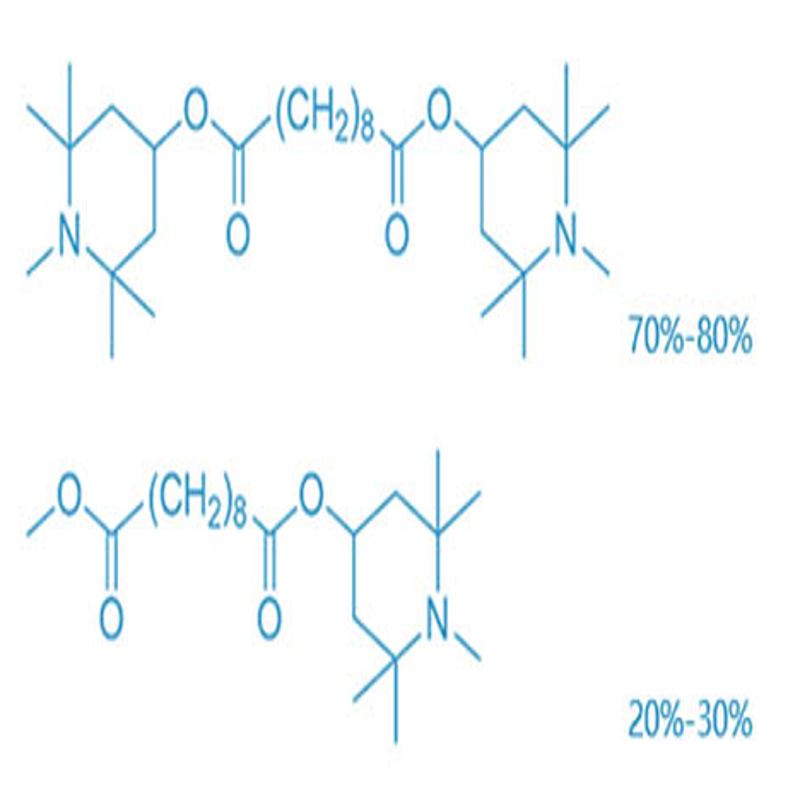-
Categories
-
Pharmaceutical Intermediates
-
Active Pharmaceutical Ingredients
-
Food Additives
- Industrial Coatings
- Agrochemicals
- Dyes and Pigments
- Surfactant
- Flavors and Fragrances
- Chemical Reagents
- Catalyst and Auxiliary
- Natural Products
- Inorganic Chemistry
-
Organic Chemistry
-
Biochemical Engineering
- Analytical Chemistry
-
Cosmetic Ingredient
- Water Treatment Chemical
-
Pharmaceutical Intermediates
Promotion
ECHEMI Mall
Wholesale
Weekly Price
Exhibition
News
-
Trade Service
With world economic growth under increasing threat, the International Energy Agency (IEA) has lowered its global oil demand growth forecasts for 2018 and 2019 by about 110,000 bpd to 1.
3 million bpd and 1.
4 million bpd
, respectively.
According to the International Monetary Fund, trade disputes and the already growing pressures on high oil prices have downgraded consumption
.
However, the IEA warned that reducing the supply of spare oil would keep prices high
.
As supply losses deepen in OPEC members Venezuela and Iran, the remaining spare capacity levels account for just 2% of global demand and are likely to shrink
further.
The return of expensive energy poses a threat
to economic growth.
"For many developing countries, rising international prices coincide with the depreciation of currencies against the dollar, so the threat of economic losses is more serious
," the IEA said.
”
The revision also reflects changes
in the agency's assessment of consumption patterns in China.
For the first time, global demand and supply approached 100 million barrels
per day.
Fatih Birol, the IEA's executive director, said in a Bloomberg interview earlier this week that prices were "moving into the red zone," which signals a danger to consumption, and called on OPEC members to provide spare supplies to boost production
.
With world economic growth under increasing threat, the International Energy Agency (IEA) has lowered its global oil demand growth forecasts for 2018 and 2019 by about 110,000 bpd to 1.
3 million bpd and 1.
4 million bpd
, respectively.
According to the International Monetary Fund, trade disputes and the already growing pressures on high oil prices have downgraded consumption
.
However, the IEA warned that reducing the supply of spare oil would keep prices high
.
As supply losses deepen in OPEC members Venezuela and Iran, the remaining spare capacity levels account for just 2% of global demand and are likely to shrink
further.
The return of expensive energy poses a threat
to economic growth.
"For many developing countries, rising international prices coincide with the depreciation of currencies against the dollar, so the threat of economic losses is more serious
," the IEA said.
”
The revision also reflects changes
in the agency's assessment of consumption patterns in China.
For the first time, global demand and supply approached 100 million barrels
per day.
Fatih Birol, the IEA's executive director, said in a Bloomberg interview earlier this week that prices were "moving into the red zone," which signals a danger to consumption, and called on OPEC members to provide spare supplies to boost production
.







